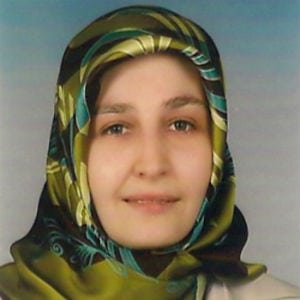Introduction
The idea of learning Turkish is new for most American students; but that rapidly changes to a sense of excitement as soon as the career opportunities and adventure of Turkey are discovered. Its central connections to Eastern Europe, Central Asia, and the Middle East make doing business in Turkey, the 17th largest economy in the world, a necessity.
Here is a listing of very practical reasons for undertaking the Turkish adventure in learning:
Turkey has been the heartland of human civilization since 7,000 B.C.
In Turkey you can explore the roads traveled by St. Paul; visit the village the last home of Mary, the mother of Jesus, the village of Santa Claus and the historic city of Troy; swimon the shores where Homer sailed and Cleopatra swam; and experience the mystery of the Whirling Dervishes.
150 million people speak Turkish from the southeast of Europe to the borders of China.
Knowledge of modern Turkish is extremely helpful if you are interested in learning Ottoman Turkish or one of the Turkic languages of Central Asia (Uzbek, Tatar, Kazak, Azeri, and Turkmen.)
It is also useful for conducting research or business both in Turkey and in Central Asia.
For placement exam times and locations, click here.
Courses
Zuleyha Colak (MESAAS)
Elementary Modern Turkish I (Fall) and II (Spring): MDES UN1910 – UN1911
Intermediate Modern Turkish I (Fall)and II (Spring):MDES UN1912 — UN1913
Advanced Turkish I (Fall) and II(Spring):MDES GU4910 — GU4911, MDES GU4921-GU4922
Ottoman I (Fall) and II (Spring)
Christine Philliou (History)
The Ottoman Empire: 1300-1922
The Ottoman Empire in the Arab World
The Ottoman Empire and its Rivals(18th-19th Centuries)
Karen Barkey (Sociology)
Religion and Politics
David Cuthell (SIPA)
Topics on Contemporary Turkey


